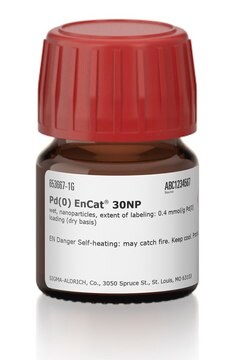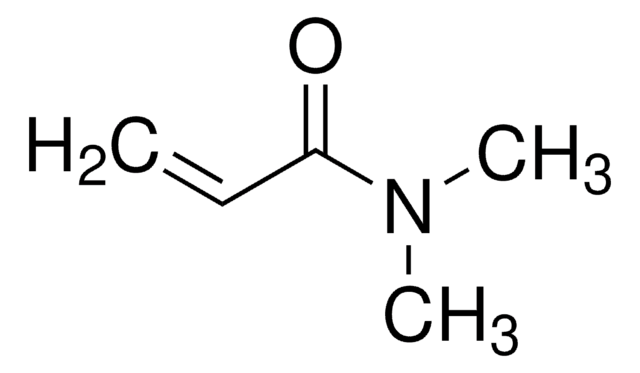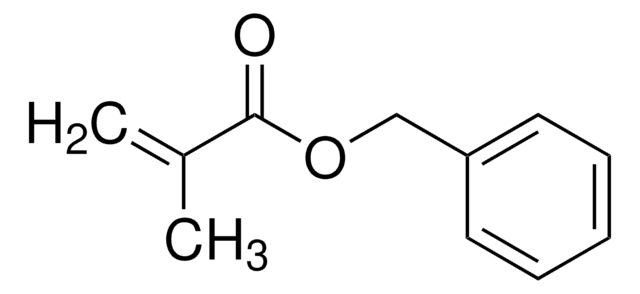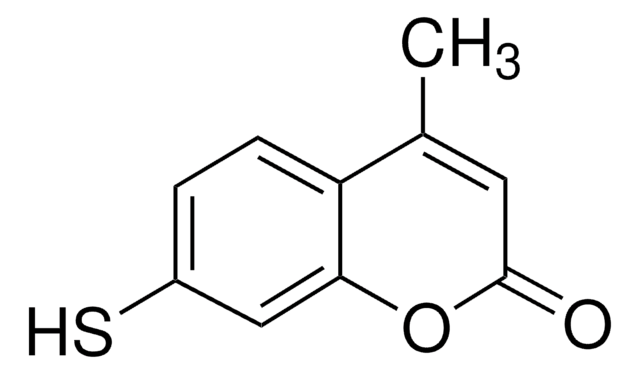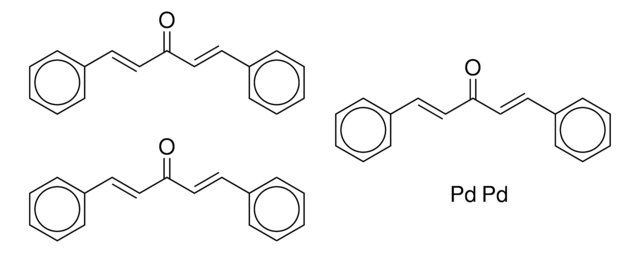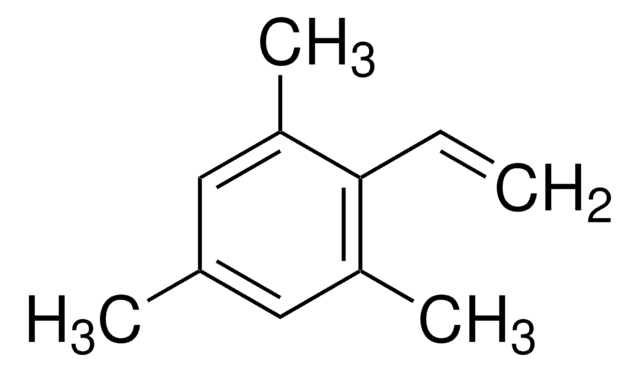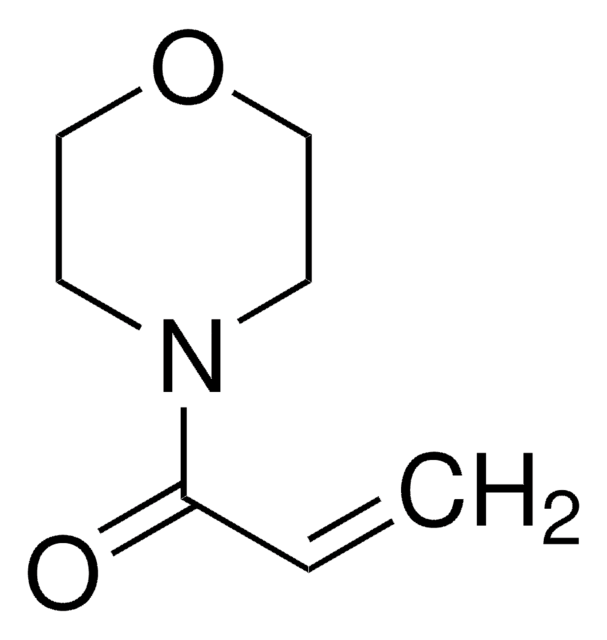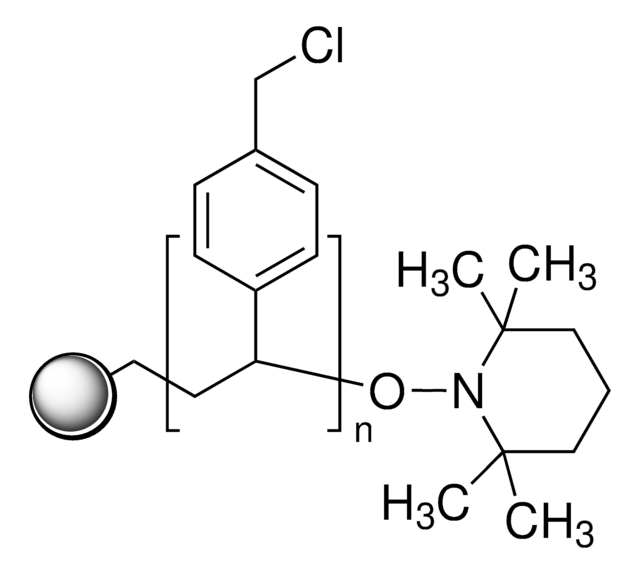644714
Pd EnCat® 30
extent of labeling: 0.4 mmol/g Pd loading
Sinónimos:
Palladium acetate, microencapsulated in polyurea matrix
About This Item
Productos recomendados
contiene
0.37-0.44 mmol/g palladium
Nivel de calidad
idoneidad de la reacción
core: palladium
reaction type: Buchwald-Hartwig Cross Coupling Reaction
reaction type: Heck Reaction
reaction type: Hiyama Coupling
reaction type: Negishi Coupling
reaction type: Sonogashira Coupling
reaction type: Stille Coupling
reaction type: Suzuki-Miyaura Coupling
reagent type: catalyst
Extensión del etiquetado
0.4 mmol/g Pd loading
Categorías relacionadas
Descripción general
Aplicación
Características y beneficios
- low residual metal levels in crude product
- easy recovery of catalyst
- compatibility of immobilized metal with various ligands to effect C-C bond forming reactions
- safer and easier to handle than Pd/C for hydrogenation
- efficiency and economy gains through recovery and recycling
Otras notas
Información legal
Palabra de señalización
Danger
Frases de peligro
Consejos de prudencia
Clasificaciones de peligro
Aquatic Chronic 3 - Eye Irrit. 2 - Flam. Sol. 2 - Repr. 1B - Skin Irrit. 2 - STOT RE 2 Inhalation
Órganos de actuación
Nervous system
Código de clase de almacenamiento
4.1B - Flammable solid hazardous materials
Clase de riesgo para el agua (WGK)
WGK 3
Punto de inflamabilidad (°F)
-9.4 - -7.6 °F
Punto de inflamabilidad (°C)
-23 - -22 °C
Equipo de protección personal
Eyeshields, Faceshields, Gloves, type P3 (EN 143) respirator cartridges
Listados normativos
Los listados normativos se proporcionan para los productos químicos principalmente. Para los productos no químicos sólo se puede proporcionar información limitada. Si no hay ninguna entrada, significa que ninguno de los componentes está en la lista. Es obligación del usuario garantizar el uso seguro y legal del producto.
EU REACH SVHC Candidate List
Elija entre una de las versiones más recientes:
¿Ya tiene este producto?
Encuentre la documentación para los productos que ha comprado recientemente en la Biblioteca de documentos.
Artículos
We offer EnCat and a variety of transition metal-based encapsulated catalysts for applications in areas such as Suzuki, Stille, and Heck couplings, carbonylations, hydrogenation, hydrogenolysis, and dihydroxylation.
Contenido relacionado
Homogeneous palladium catalysts are widely utilized due to their versatility, reactivity and functional group tolerance.
Nuestro equipo de científicos tiene experiencia en todas las áreas de investigación: Ciencias de la vida, Ciencia de los materiales, Síntesis química, Cromatografía, Analítica y muchas otras.
Póngase en contacto con el Servicio técnico
